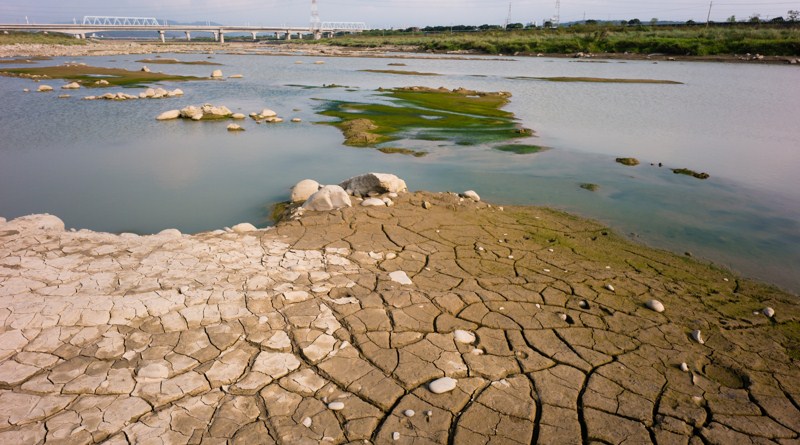SC seeks suggestions for Yamuna water quality improvement; revival efforts inadequate, finds panel

The Supreme Court has sought a report from a panel set by the National Green Tribunal (NGT) on recommendations for improving the water quality of Yamuna River even as the panel has concluded its proceedings and noted that efforts to revive the river have remained inadequate.
The apex court has asked the Yamuna Monitoring Committee (YMC) to also update on the extent to which its recommendations have been implemented so far. The panel was set up by the NGT in July 2018 and comprised former NGT expert member B S Sajwan and former Delhi chief secretary Shailaja Chandra.
The Supreme Court has also taken suo moto cognizance of pollution in the Yamuna and issued a notice to the Haryana Government on a plea by Delhi Jal Board (DJB) that it is unable to supply water to all areas of Delhi due to the high ammonia level in the river, which enters into it from the water coming from the Haryana side.
DJB counsel had contended before a SC bench headed by Chief Justice SA Bobde that the sewage treatment plant (STP) in Haryana was not functioning properly and had led to a high ammonia level in the water, making it unfit for drinking.
The DJB contended that water must have an ammonia level less than 0.9 ppm but 300 cusecs water received from Haryana was highly polluted.
In its recent hearing, NGT’s principal bench headed by chairperson Justice Adarsh Kumar Goel in its recent hearing said the panel set up by it had presented a clear roadmap for preventing pollution of the Yamuna River and rejuvenating it, but action by authorities continues to remain inadequate.
“All the issues have been duly identified and categorical directions issued… The Tribunal or Tribunal appointed Committee cannot be expected as substitute for governance and can at best set directions,” the bench said.
The NGT has asked chief secretaries of Delhi, Haryana and Uttar Pradesh to personally monitor compliance with the directions for river rejuvenation, “by evolving effective administrative mechanism to handle grim situation caused by years of neglect.”
It has also asked River Rejuvenation Committees (RRCs) of Delhi, Haryana and Uttar Pradesh — headed by Environment Secretaries — to monitor execution of action plans that are already in place for restoration of the Yamuna.
Chief Secretaries of the three states will also have oversight over the RRCs and have been directed to give quarterly reports to a Central Monitoring Committee (CMC) set up by the NGT for polluted river stretches, headed by the Secretary of the Union Jal Shakti Ministry (MoJS).
“We place on record our appreciation for the contribution of YMC in the last more than two years… Wherever the YMC has suggested filing of periodical reports with this Tribunal, such reports be filed with the Secretary, Ministry of Jal Shakti,” the order said.
The YMC had early this year asked the Central Pollution Control Board (CPCB) to identify point sources of pollution leading to high levels of ammonia in the Yamuna in Delhi. The panel’s directions followed DJB alleging that Haryana has not yet stopped discharging industrial pollutants in the river despite repeated reminders. DJB had urged the CPCB to take immediate remedial measures.
The panel had quoted a media report that said ammonia levels in the Yamuna at Wazirabad rose to 7 parts per million (ppm) against the permissible limits of 0.8 ppm.
“It has also been reported that the reason primarily is the industrial effluent/untreated domestic sewage entering river Yamuna through drains no 6 and 8 and through the Rohtak regulator,” the panel said, adding that the incidence of high ammoniacal nitrogen concentration is sporadic in nature and is generally reported during the winter months of December-February almost every year.
“Considering the recurring nature of the problem, it is incumbent upon the CPCB and Haryana State Pollution Control Board (HSPCB) to put in place a robust surveillance system, particularly during the critical winter months, for monitoring the activities of the industries and the functioning of STPs and also take coercive action against the defaulting units,” the YMC said.



